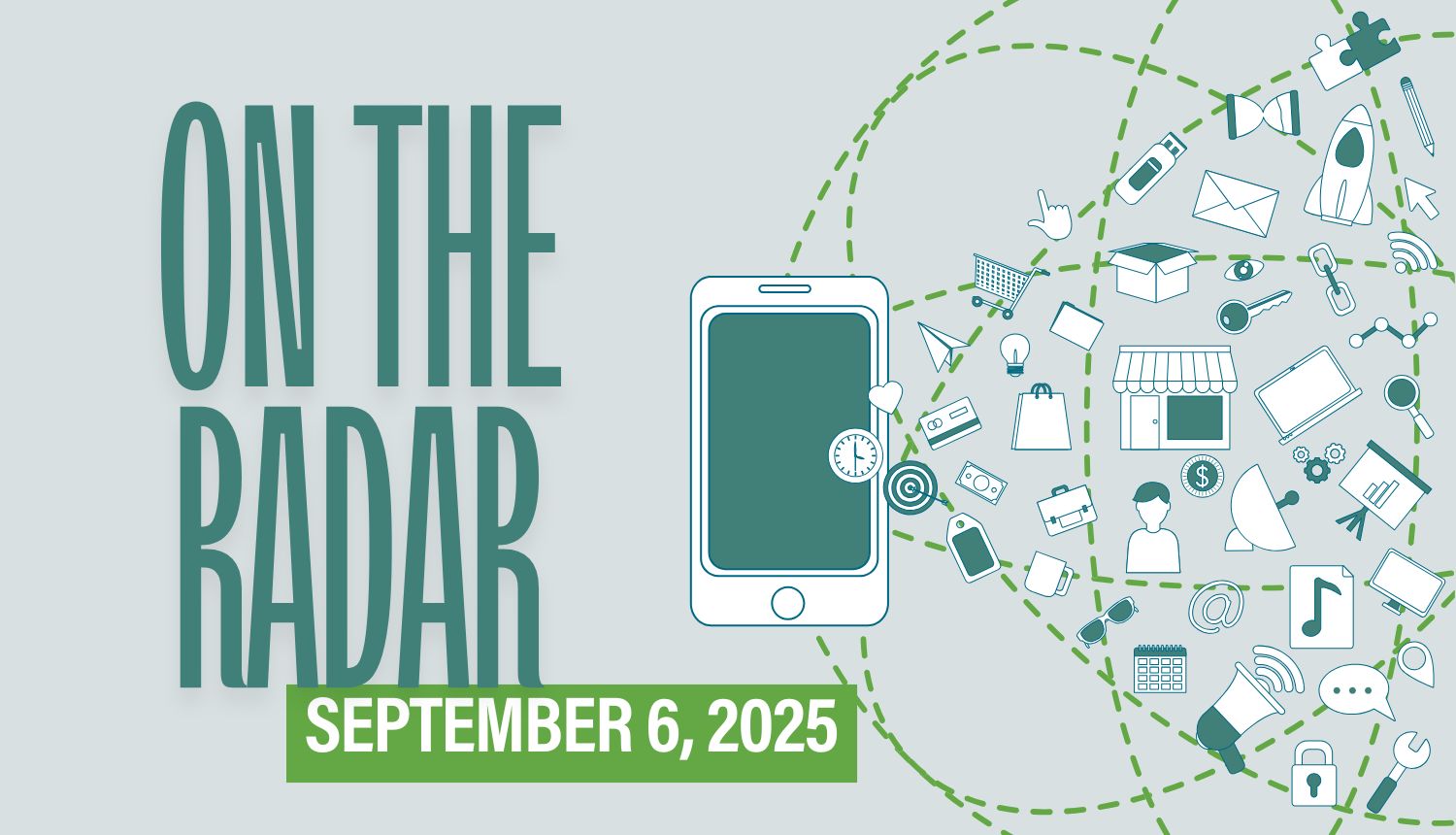‘Chopped’ Makes an Unkind Resurgence
What? Back in the mid-2010s, the word chopped was a regular part of teen vernacular, used to describe a person the user thought was ugly.
So What? The members ofGen Alpha have picked up this old slang and made it their own, using it to put people down. Experts say that teens often use slang such as this because they want to fit in with their peers. But obviously, it’s probably a word most parents would rather their kids avoid.
Now What? It can be hard to tell your teen that he isn’t allowed to say something that technically isn’t a profanity—especially if it means he might get mocked by his peer group. However, you should encourage your child to be kind to his classmates and friends. Ask him how he thinks someone might feel on the receiving end of this phrase. And challenge him about whether he’d rather be seen as someone who is mean or someone who is kind.
Some AI Chatbots Get Parental Controls While Others Remain Risky
What? OpenAI (maker of ChatGPT) and Meta (parent company of Facebook and Instagram) have both announced plans to make their respective chatbots safer for vulnerable teens. OpenAI says its new parental-control features will allow parents to “receive notifications when the system detects their teen is in a moment of acute distress.”
So What? Unfortunately, these changes come after teenagers have reportedly died by suicide due to the responses they received from chatbots during moments of distress. In the case of one teenage boy, ChatGPT allegedly coached him on methods of self-harm before he took his life.
Now What? For teens who feel isolated or who perhaps feel uncomfortable talking about personal topics, chatbots can be a huge draw. The artificial intelligence Large Language Modelers (LLMs) instantly give seemingly realistic responses to queries and tend to validate their users’ emotions and point of view—all while securing the teen’s privacy and anonymity. These new parental-control features are certainly a welcome and hopefully useful tool. But parents shouldn’t rely too heavily on them. According to experts, talking to a teen about suicidal thoughts is helpful, not harmful. So if you’re worried your child is at risk, consider broaching the topic yourself or seek help from a mental health professional.
Social Media Influencers Pressure Teen Boys With ‘Testosterone Maxxing’
What? Recently, we’ve been seeing many male influencers on social media pushing “maxx” content to teen boys. The latest in these trends? “Hormone optimization,” aka “testosterone maxxing” or “testmaxxing.” It’s an offshoot of “looksmaxxing,” and guys are encouraged to manipulate their hormone levels through artificial means to achieve body-shaping goals.
So What? The first problem with these trends is that they promote unrealistic and unhealthy body standards. The second is that they often warp the definition of masculinity, pairing it with sexist and misogynistic content. The third is that taking testosterone or steroids without a prescription is illegal (they’re both classified as Schedule III drugs). Finally—and potentially most harmfully—taking these drugs without oversight from a doctor can result in severe and even permanent side effects, including suppression of the body’s ability to produce testosterone naturally, reduced fertility and increased risk for heart attacks and strokes.
Now What? Multiple studies have shown that within just a few minutes of creating a social media account, teen boys are targeted with this sort of content. What’s worse is that most of the influencers who peddle this stuff include links to give your sons access to these “supplements.” So try to promote a healthy body image in your sons. Help them to think critically about the long-term effects these drugs can have. And try to encourage them to focus on God’s definition of masculinity instead of the world’s flawed vision. (Check out 1 Corinthians 16, Ephesians 5, Proverbs 24 & 27 and 1 Timothy 5.)
The post On the Radar: ‘Chopped,’ AI Parental Controls and ‘Testosterone Maxxing’ appeared first on Plugged In.



![6th Sep: The Witcher Bestiary Season 1, Part 1 (2021), 11m [TV-MA] – Streaming Again (6/10)](https://occ-0-1081-999.1.nflxso.net/dnm/api/v6/Qs00mKCpRvrkl3HZAN5KwEL1kpE/AAAABSZeYKxYHsdipn7of9obNHAacwwOdjH8XlMaOHMFoiayWZO4QYfDyOqTXqYOH8TcvRYF5tAe_HAGebTa9ZGGc3YyylH4Fnz8dRe-.jpg?r=cb3)




![6th Sep: The Witcher Bestiary Season 1, Part 2 (2021), 10m [TV-MA] – Streaming Again (6/10)](https://occ-0-1081-999.1.nflxso.net/dnm/api/v6/Qs00mKCpRvrkl3HZAN5KwEL1kpE/AAAABfxLI942ks8povoAcEXShkyE4i1T4E2OHH3oJmd5v2WV6TUs-P_M6zpo2K6SW9YgL36jfrOx6bXiR1sp2uAHHzMb44aaGEgR4dCR.jpg?r=828)








